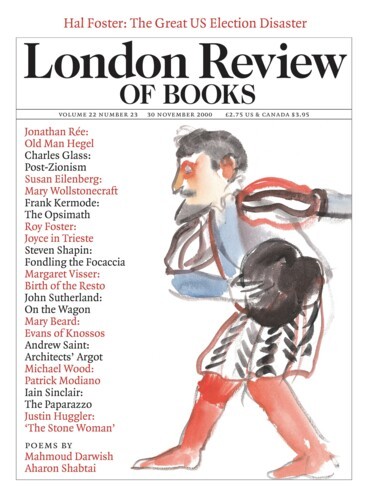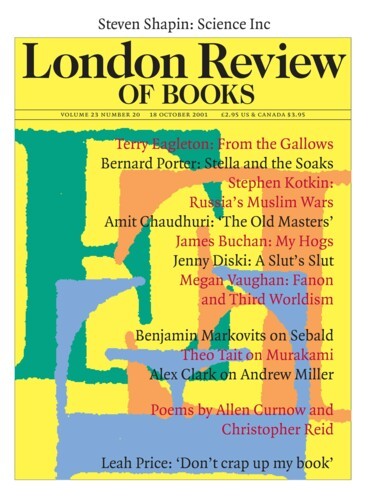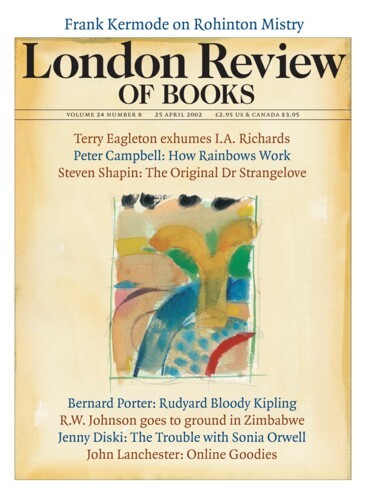Don’t let that crybaby in here again: The Manhattan Project
Steven Shapin, 7 September 2000
The rhetorical yield from the first atomic explosion was low – only one entry for the Oxford Dictionary of Quotations. When the plutonium bomb exploded on the Jornada del Muerto near Alamogordo, New Mexico, on 16 July 1945, Robert Oppenheimer, the Scientific Director or of Los Alamos, remembered the line from the Bhagavad Gita where Vishnu says: ‘Now I am become Death, the destroyer of worlds.’ One other remark deserves to be immortalised, which Oppenheimer himself later judged the best thing said at the time. When the blast subsided, the physicist Kenneth Bainbridge, in charge of the test, turned to Oppenheimer and declared: ‘Now we’re all sons of bitches.’’‘





